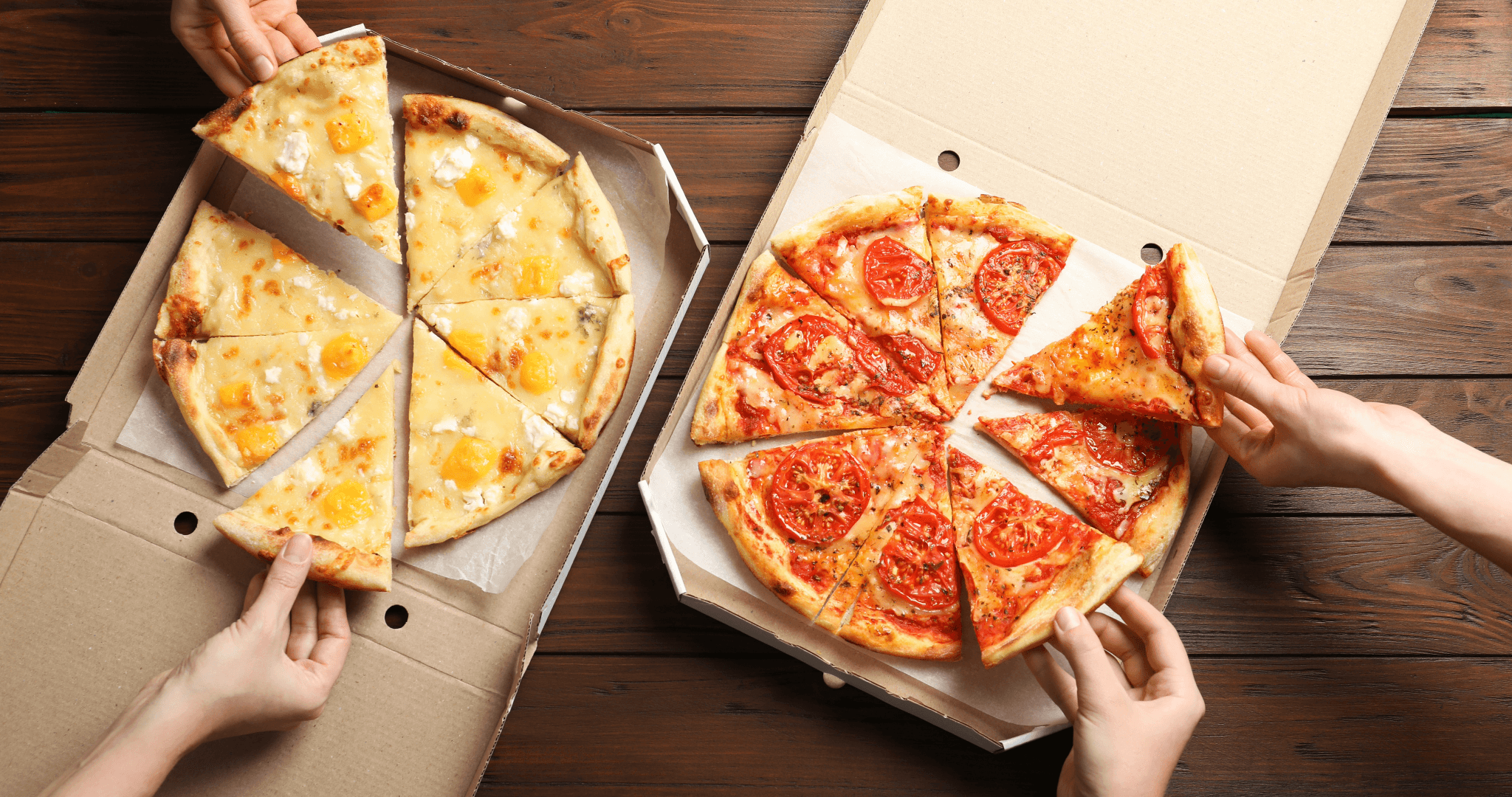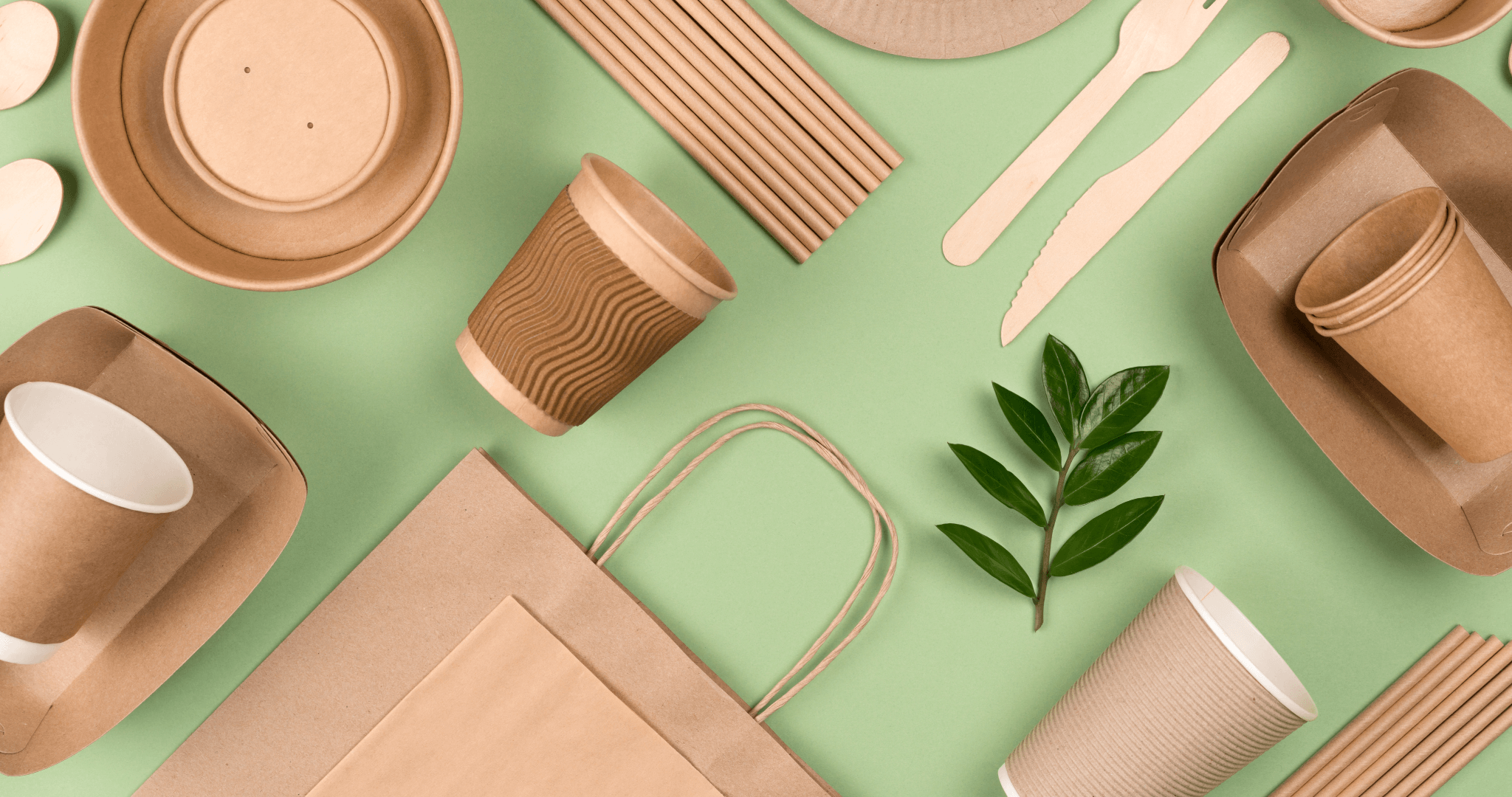Recyclable, Compostable, Biodegradable: What's the Difference?
Posted by Emily on 12th Oct 2023 Reading Time:
A regular takeaway coffee cup can linger for 30 years before breaking down, and some single-use cutlery might last 1,000 years! There's been a growing urgency to find alternatives to non-recyclable items and improve waste management.

Sadly, many cups from popular chains have a plastic lining that's problematic in recycling centres. Without this lining, many cups need a couple of years to start breaking down. Shockingly, around 2.5 billion are discarded annually. Professor Chris Cheeseman of Imperial College London highlights the environmental risks of these cups, particularly the potential methane gas they produce.
As we become more eco-aware, there's a rising trend in recyclable, compostable, and biodegradable packaging. But what do these terms mean? And are they always better for the environment?
Recyclable: Many of us recycle routinely. But there's confusion about specific items, like juice cartons or pizza boxes. Approximately 37% of us sometimes can't tell if packaging is recyclable. Incorrect recycling can contaminate batches, causing more harm than good. Recycling transforms used materials into new ones, helping reduce landfill waste. If unsure if something is recyclable, look for the On-Pack Recycling Label (OPRL) or consult 'Recycle Now'.
Compostable: Typically, garden waste is composted. Some packaging also claims to be compostable. However, many such items, like coffee cups lined with PLA (a corn starch bioplastic), need special facilities to break down and can't be composted at home. Always check labels and consult your local council.
Biodegradable: Biodegradable means that items will break down naturally over time, though this can range from weeks to millennia. However, not all biodegradable items are eco-friendly; some release damaging oils and gases as they decay.

Other Terms:
Oxo-biodegradable: These plastics need metal salts to start breaking down but might leave small plastic remnants.
Degradable: These aren't natural; they need chemicals to break down faster in sunlight and oxygen but don't decompose fully.
Can you recycle takeaway food packaging? Unfortunately, no. Oils from food contaminate the packaging, which disrupts the recycling process. It's believed that much of this contaminated material ends up in incinerators.
Sources:
Coffee cups take 30 years to decay, campaigners warn
Why carrying your own fork and spoon helps solve the plastic crisis
Biodegradable, Degradable, Compostable, Food Waste; What’s the Difference?
Recyclable, Compostable, Biodegradable: What do these mean for our planet?
Understanding recycling symbols
What ‘biodegradable’ really means

